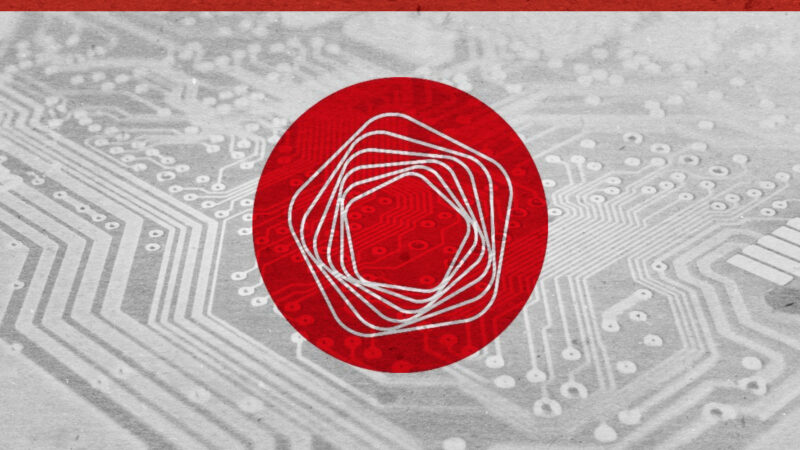
The result of the Labour leadership contest marks a new chapter in our party’s history. On behalf of myself and the wider committee at Labour Digital, we’d like to congratulate Keir and Angela on winning considerable support from across the labour movement.
Our collective efforts must now be united to support those on the frontline of the coronavirus pandemic. But when we get through this crisis – and we will get through it – our party will have to face up to a number of monumental challenges.
We have the lowest number of Labour MPs in parliament since 1935. We’ve lost four elections in a row under three different party leaders, and we are facing another four years in opposition. In short, we have a mountain to climb and a series of lessons to learn.
During this period of opposition, it is crucial that our party begins to project a vision for our country that tackles the problems of the future. When looking back over the last century, there is a common theme amongst Labour leaders who were able to win at the ballot box. Clement Attlee, Harold Wilson and Tony Blair each projected a positive vision of Britain, where we could embrace the changes of the future and use them to build a more just society.
As we move into this new decade, Labour’s positive vision must include, understand and embrace the power of technology and what we can achieve when it is harnessed correctly. Technology is set to be at the heart of almost every major challenge faced by our country in the coming years. Whether it is tackling the current health crisis, fixing and restructuring our unproductive economy, or providing solutions that address the global issue of the climate crisis, technology provides us with a remarkable opportunity to do good and transform lives.
Equally, when left unregulated, technology can have negative or unintended consequences. The anti-competitive impact of global tech giants threatens the existence of our small businesses and high streets, and the inaction around their taxation grants them another unfair advantage and leaves hardworking employees and taxpayers in the UK without their fair share of the wealth. As our lives become increasingly digital, a lack of protection online leaves us exposed to hate, misinformation and manipulation.
Other issues are raising their heads in our public services. Police forces are already using automated facial recognition technologies without proper rules and guidance in place to ensure that our civil liberties are maintained. The NHS is being opened up to private technology companies in an attempt to drive efficiencies with little oversight as to whether personal medical data and the rights of patients are being suitably protected. Crucially, across the next decade as automation displaces workers in increasingly digitised industries, the skills being taught in our education system will need to adjust to better serve people in the future of work.
With each new technological breakthrough comes a trade-off, and we need to ensure that these trade-offs are fair. This is where the state must play an important role, intervening to ensure that a balance is kept and technology is harnessed correctly. It is up to our party to not only hold the government to account to check that they do this correctly, but also to come up with new innovative ideas and policies detailing the ways in which we could use technology to improve our society.
Labour Digital believes that technology has the ability to transform our world, and we are working to understand and regulate the positive and negative changes that this transformation could bring. By working collaboratively with the party’s new leadership, as well as with colleagues in parliament, business and party members, we hope to make an impact on the policies put forward by the Labour Party and bring in new innovative ideas from across our movement.
While the issues facing us today won’t necessarily be the ones in front of us in 2024, our ability to understand and combat them with innovative thinking will be crucial to our electoral success.




More from LabourList
Antonia Romeo appointed to lead civil service as new Cabinet Secretary
‘If Labour is serious about upskilling Britain, it must mobilise local businesses’
Stella Tsantekidou column: ‘What are we to make of the Labour Together scandal?’